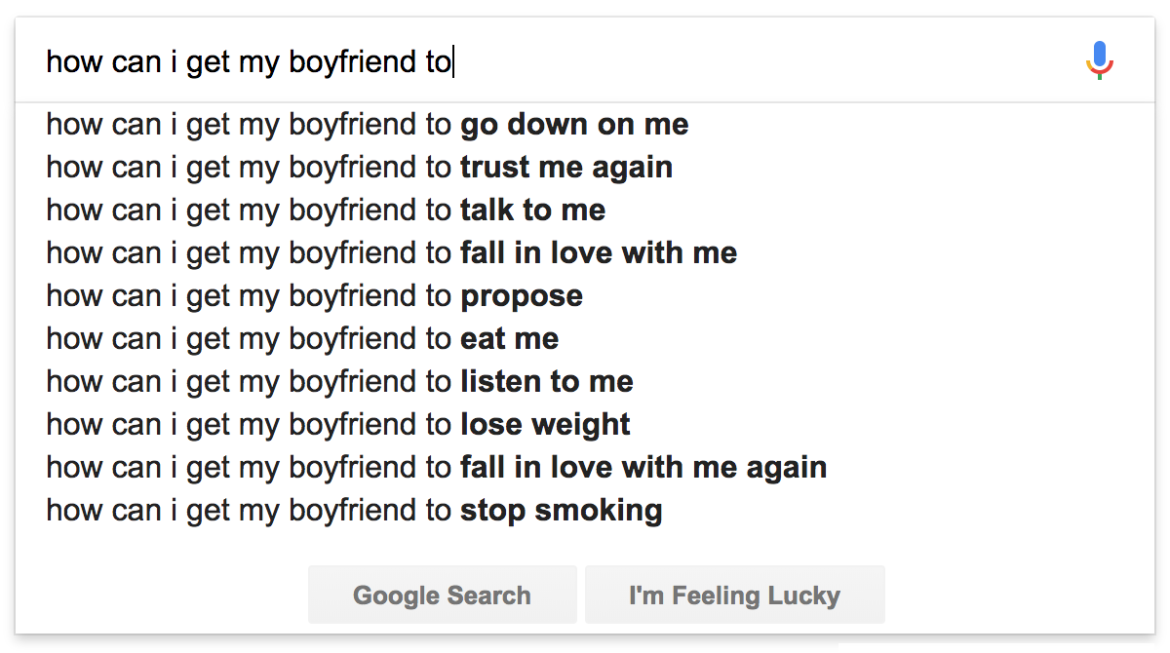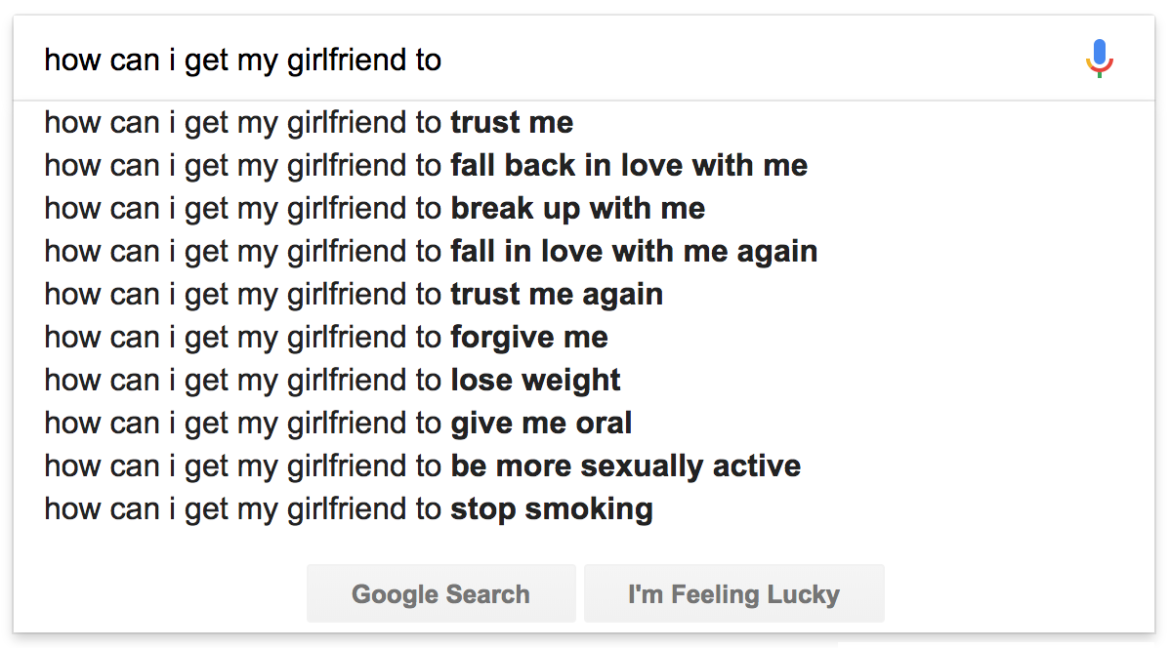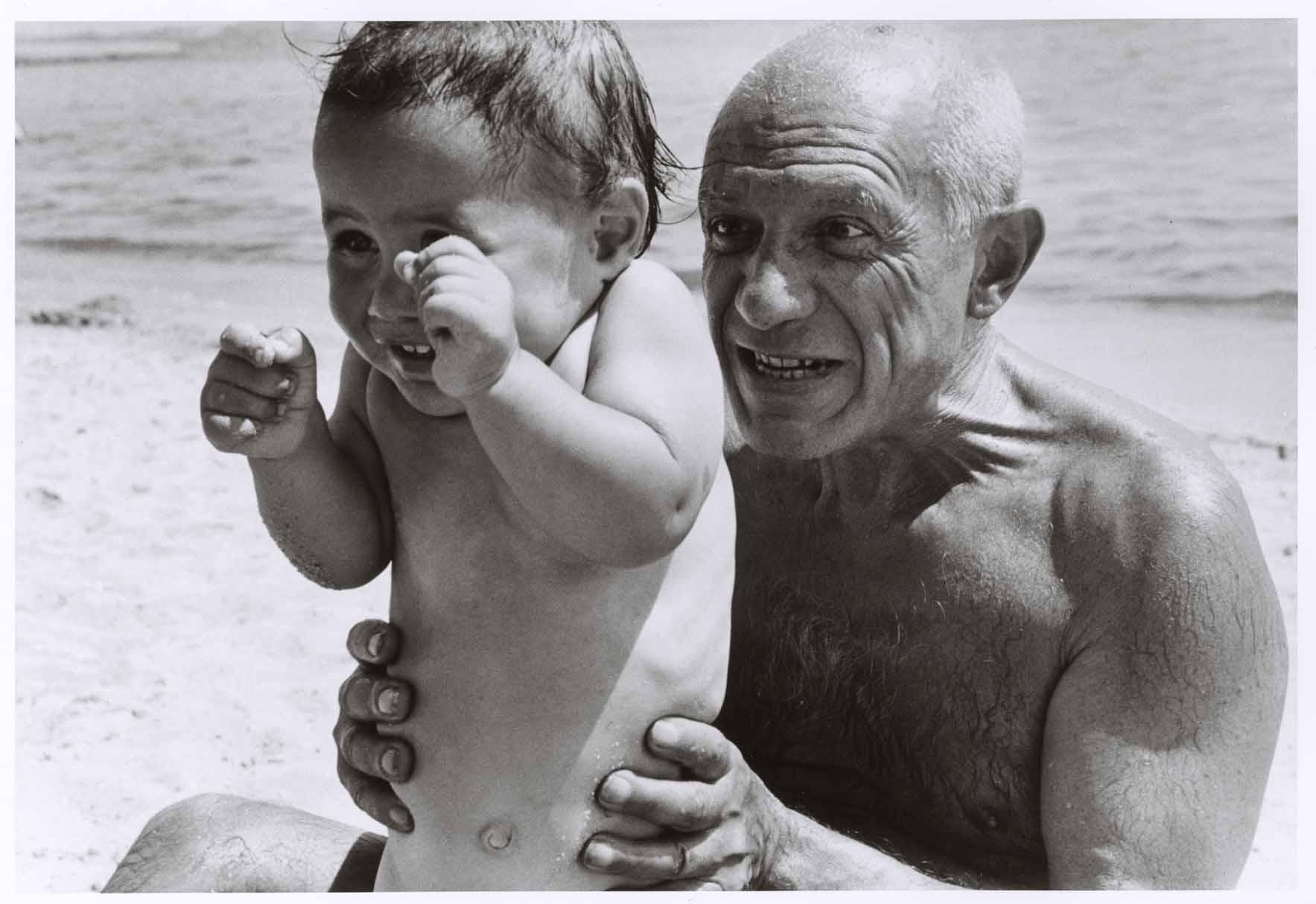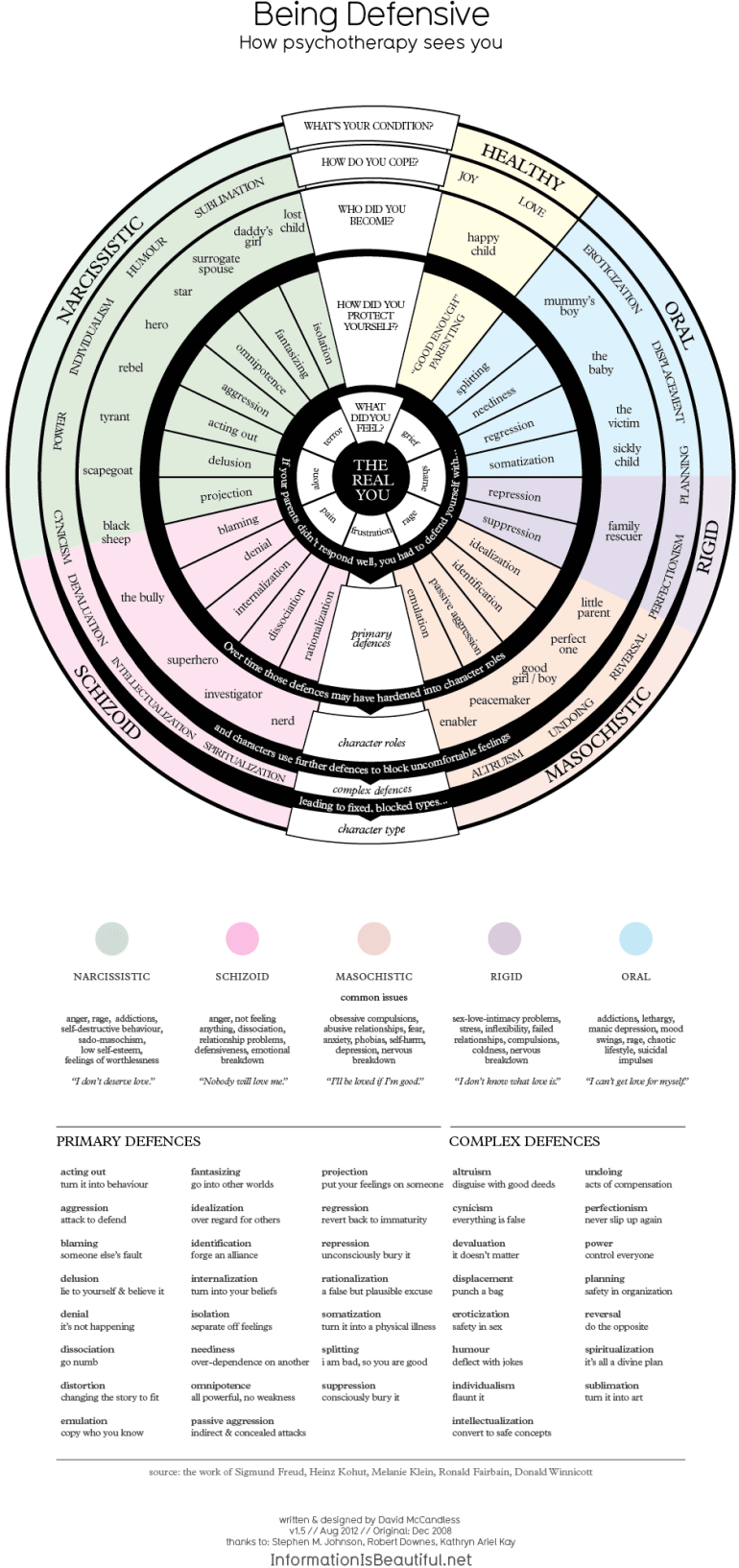The 18-year-old, Florence Colgate, @flo245 on twitter, has been blessed with what has been deemed the most naturally beautiful face in England. She’s the winner of a contest – beating out 8,000 other contestants – for having a near perfectly symmetrical face based on ratio figures that were collected by researchers.
 (photo from Daily Mail)
(photo from Daily Mail)
A woman’s face is said to be most attractive when the space between her pupils is just under half the width of her face from ear to ear. Florence scores a 44 per cent ratio. Experts also believe the relative distance between eyes and mouth should be just over a third of the measurement from hairline to chin. Florence’s ratio is 32.8 per cent.
Statistically speaking, there are two main universal keys to beauty for which there is persuasive evidence: facial symmetry and averageness. According to David Perrett:
The answer lies not in fancy geometry but in two basic relationships: whether the left side matches the right (symmetry), and whether the proportions match those with which we are most familiar (normality or ‘averageness’). That beauty should lie in averageness is paradoxical, because we tend to think of ‘average’ as mundane. Sure, the most beautiful faces do not have average proportions, but nonetheless learning what is ‘normal’ for the faces around us is a powerful force in defining what for us is beautiful.
This proves itself when you look at the hundreds of comments at the at the Daily Mail and Huffington Post which refer to Colgate as “boring”, “average”, and “bland”.







